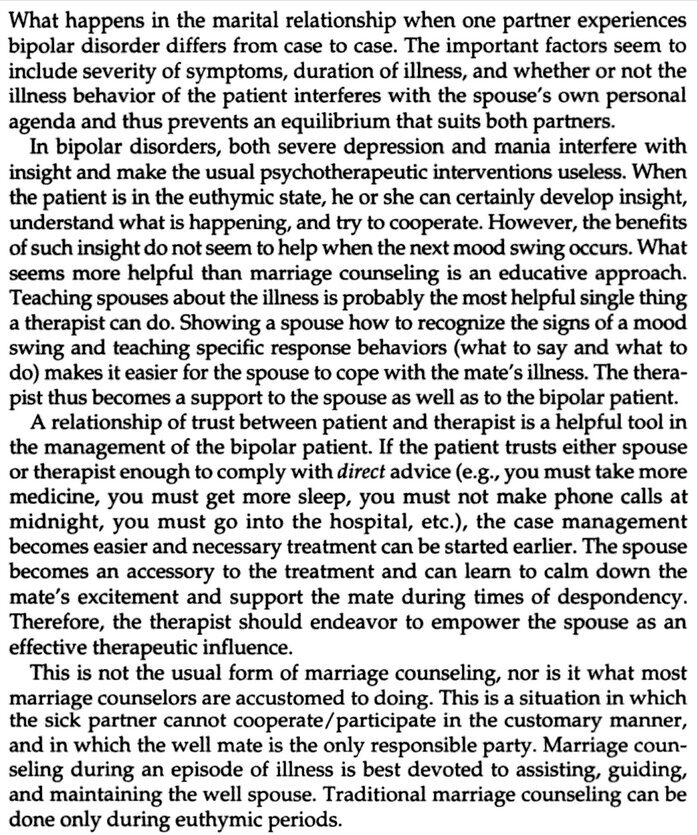When I was still in the honeymoon phase of the relationship, the ROCD was also about me not being good enough (to the point he may be better off with someone else), but I overcame that by focusing on his flaws almost exclusively 
I think part of the reason I haven't mentioned ROCD before is that my therapists never mentioned it, so I had to get to that conclusion through the slow, slow process of building insight.
ROCD reminds me of existential OCD since both very much feel to me like a mixed bag of legitimate concerns and constantly evaluating things (even though the ruminating is more distressing than the objects of concern and the ruminating never leads to the desired outcome of certainty).
I think part of the reason I haven't mentioned ROCD before is that my therapists never mentioned it, so I had to get to that conclusion through the slow, slow process of building insight.
ROCD reminds me of existential OCD since both very much feel to me like a mixed bag of legitimate concerns and constantly evaluating things (even though the ruminating is more distressing than the objects of concern and the ruminating never leads to the desired outcome of certainty).
Last edited:




